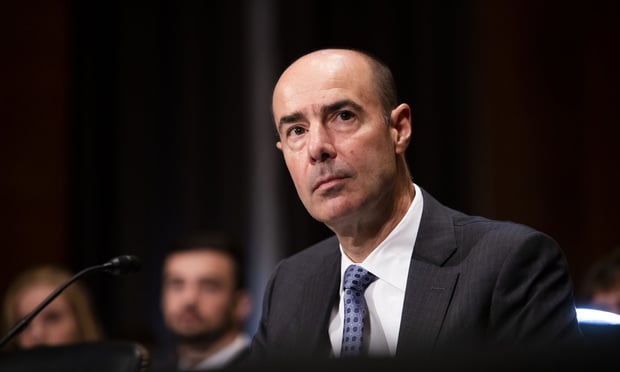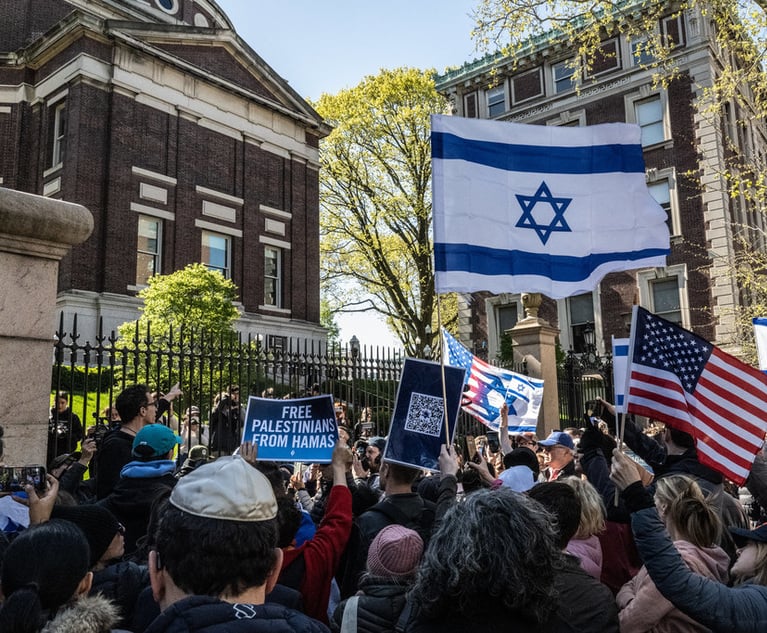UNDER PRESSURE – The ripple effects of the latest associate pay raises by Cravath, Swaine & Moore, following bids by Milbank and Davis Polk & Wardwell earlier this year, are being felt throughout the industry, as Am Law 100 firms reassess their compensation structure to ward off poaching, reports Justin Henry and Patrick Smith. Compensation structures could finally be due for stratification this year, observers say. “Previously, during these raises, it was about matching at the more junior end to attract law school students,” said Stephanie Biderman, a partner with legal recruiting firm Major, Lindsey & Africa. “But this time we saw the raises go to midlevel and senior associates.” She said this trend could continue playing out, with firms being more targeted with their raises, rather than matching the elites across the board.
FREE SPEECH – After Norton Rose Fulbright put out an instruction that lawyers should not speak publicly about the Russian invasion of Ukraine, Walied Soliman, chair of Norton Rose Fulbright Canada, posted a message on social media contrary to the firm’s instructions. The disagreement has shined a light on the potential consequences of governing speech within a law firm in the internet age, as a war takes place in the global spotlight, reports Jessie Yount. Consultants acknowledged that most businesses have a communications strategy for high-profile matters, including appointing a sole spokesperson to present the firm’s policy. But, they said, Norton Rose Fulbright’s message could have been crafted with more consideration for the emotional nature of the global conflict. “The lesson is that firms need to get ahead of situations like this and not just think about the business interests, which are clearly important, but how their decisions will play with their various audiences which include clients, attorneys, staff and the public,” said Todd Templin, executive vice president of Boardroom PR.










